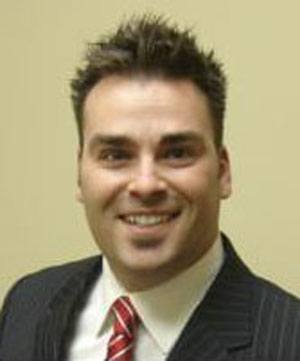When I meet with a client for the first time they usually have only a few questions in mind; What can I afford? What are the payments? Is that a good interest rate? And how much money down do I need?
There’s obviously a lot more to it than that, but those are the questions that seemingly affect us the most at the onset of our decision making process. There’s a pile of information to obtain when buying a home, but usually one that’s missed and often forgotten (even on the second and third purchase) are the closing costs.
“Closing costs” is the money it takes to complete a real estate transaction. Depending on the lender or insurer, they all require that you prove that you have 1 to 1.5% of the purchase price in cash to complete your transaction; this is on top of your down payment.
For example, if you are buying a $300,000 house, you will generally require a 5% down payment to equal $15,000 plus $3,000-$4,500 available for closing costs to complete your transaction.
The 1to 1.5% figure is standard across the country, but it does not mean that it will take that much money to complete your transaction.
Typical closing costs are:
1. Legal Fees & Disbursements $900+/-: Legal fees will vary between lawyers and depending on the price of the home and complexity of the purchase. Fees are what the lawyers charge for their time and experience, and disbursements are what the lawyer pays for costs and expenses, such as title fees, courier costs among others.
2. Interest Adjustments $0-$1000+/-: If the possession date is other than the first of the month, interest will be calculated from that date to the following first of the month and be paid at the lawyer’s. This is interest only and there are some exceptions to this rule depending on the payment structure you take.
3. Property Tax Adjustments $0-7/12 of annual property tax amount: The tax adjustment is a combination of reimbursement to the seller for the tax they’ve already paid and or monies owing to the tax account on your property. This will depend on whether your mortgage company requires taxes be included in your payment.
4. Home Inspection $425-600+/-: Your home can be inspected by a qualified, independent home inspector to advise you of their opinion of the condition of the home.
5. Real Property Report (RPR) $500+/-: Formerly known as a Survey Certificate, this is essentially a survey of the land showing exactly where your house is located on the lot, any encroachments and that it complies with the Municipal Bylaws.
6. Title insurance $200+/-: If an RPR is not available or is outdated, title insurance can be purchased.
7. Appraisal $300-600+/-: If your mortgage is not insured, then an appraisal will be required to determine the exact price of the home.
Every real estate transaction is different and your closing costs may be quite nominal whereas you might only have to come up with your legal fees or none at all! If you are buying a new home from a builder, they typically cover most of your closing costs, but even if that’s the case, the lenders and insurers still require that you prove that you have the money anyway, with the odd exception that is.
Jean-Guy Turcotte is an Accredited Mortgage Professional at Dominion Lending Centres-Regional Mortgage Group and can be contacted for appointments at 403-343-1125, texted to 403-391-2552 or emailed to jturcotte@regionalmortgage.ca



